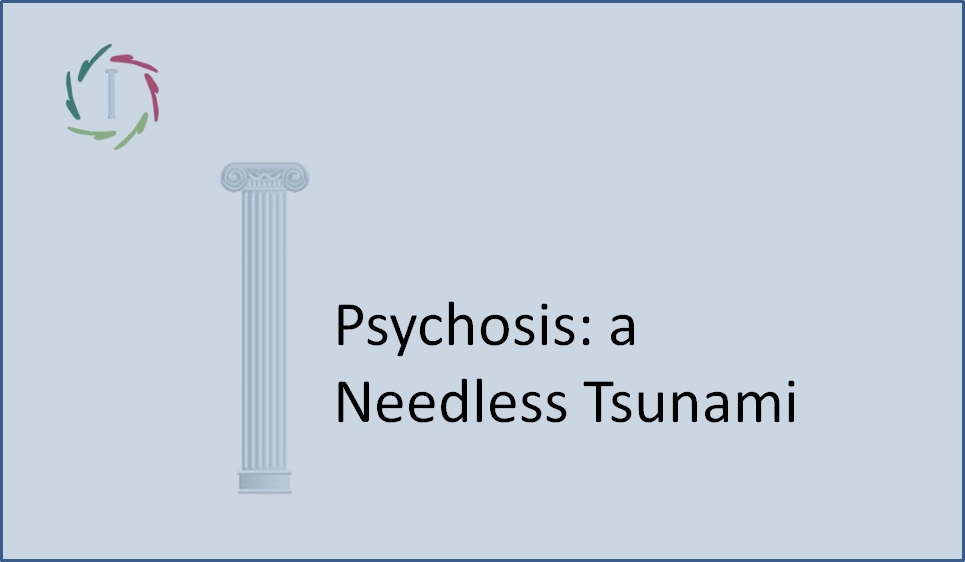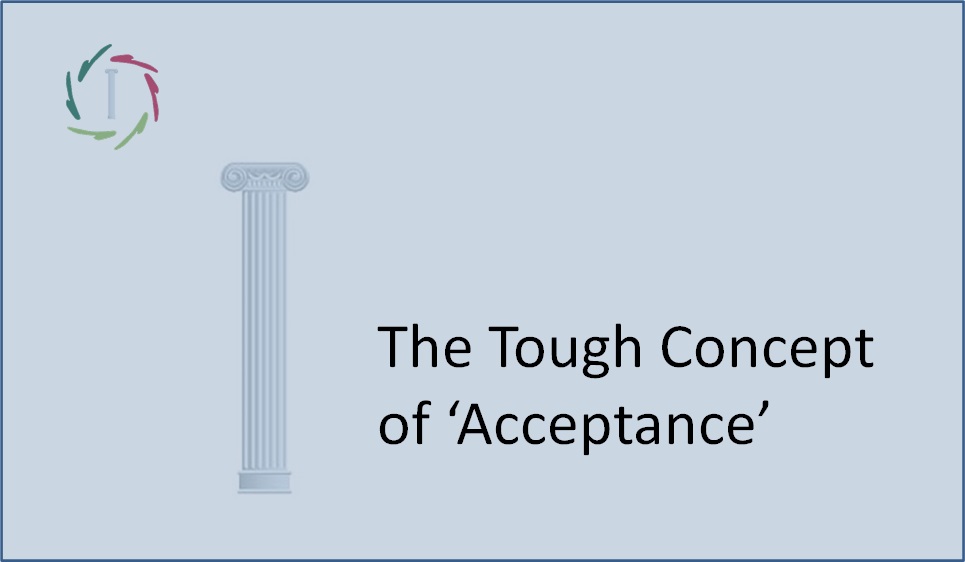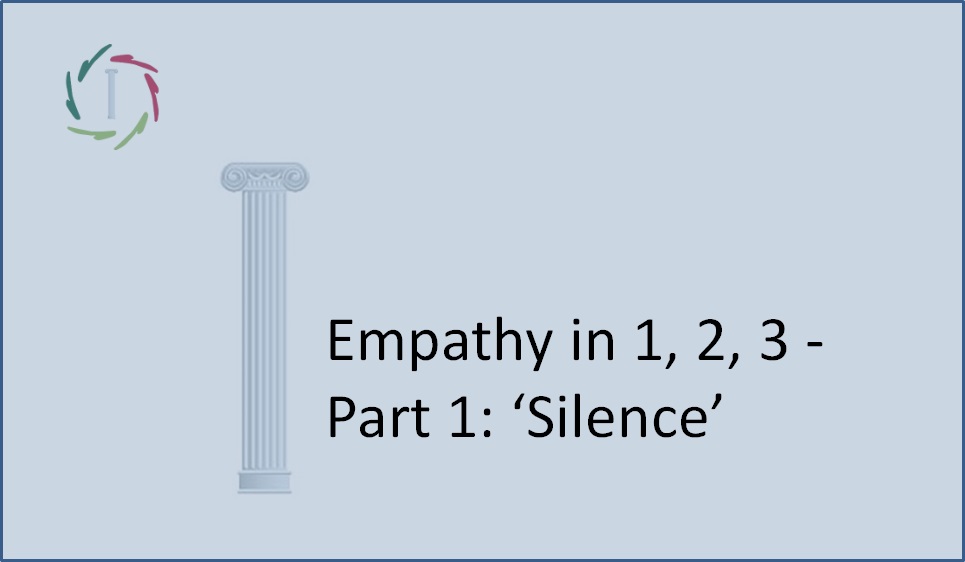31. Psychosis: a Needless Tsunami

A tsunami requires a surfboard
About ripples and a tsunami
Is an abnormality of the brain the cause of psychosis? One can at least search for that. Probably one will find, in due course, more and more elements that fit the bill. I am sure one will. Everything that happens at a psychological level, has a physical equivalent. So, whethere there is something happening at a physical level, is not a good question. But how to best approach a psychosis, is indeed a good question: from a physical or a psychological point of view? That depends on what is wanted and what can be achieved. One cannot know the answer to this question without rational research. In each case,
as psychosis occurs in the realm of symbolism, I consider it important to include symbolism.
So, a combination of reason and symbolism.
For lots of people, the sea is a good symbol for the nonconscious. Now picture someone is sitting at the beach, enjoying the comings and goings of the waves. He is also enjoying the seagulls, the smells, the vast horizon… Then the horizon ascends a bt… A while later a tsunami washes over the coast. Our person on the beach has no defence and the flood pulls him/her with it. In translation:
the symbolic is no longer something he is looking at. He is totally immersed in it and there is no way out.
He is in an acute psychosis. When such a person is in the emergency room of a hospital, the only thing that they see is for example, a person who claims that God is present in the room, inside a bright light in that corner over there. You see? For a psychotic, this is reality. His psyche does not distinguish between what is real or not. Why would it? ‘True’ is what presents itself as truth. Well, this is the truth… for the psychotic.
Further into the metaphor of the sea.
The waves, and eventually also the tsunami as super wave, come from the nonconscious. They symbolize symbols.
The person at the beach is the conscious awareness that is, without defence, being flooded by nonconscious content. Why is there suddenly a tsunami? Maybe the sea itself is feeling left out. Or maybe it’s a revenge because of an aggressive treatment by the person at the beach, or by his/her environment, even by the whole culture. In the latter case: what distinguishes this person, is that he ‘perchance’ happens to be at the beach. Actually he doesn’t deserve the ‘revenge of the sea’, one can say. For example, creative people like to spent time at the beach. Would this then be the cause of acute psychosis?
Suppose that tsunamis are repeatedly arriving towards someone who loves the sea. Can we help that person? One way to help is to put him in a cage somewhere in the inland. Is there any other way?
Within the metaphor, one way or another, one has to keep the person either away from or on top of the super wave.
A creative solution uses a surfboard. Of course our sea fancier has to learn to use the surf board in advance. This is: learning to use symbolism, handling the power of these symbols, learning to see the difference between symbolic and non-symbolic reality, communicating with symbolic content etc. These are all things that a physician can use in contact with an acute psychotic in order to give him support in a ‘soft landing’. Not easy.
Unneeded tsunami
Little tsunamis, always a challenge, are fun if one can deal with them. Provided there is cultural support, most of the biggest tsunamis are preventable. Depth serves this goal.
Mostly the sea only comes with a big wave IF smaller waves are not being appreciated.
Most people, however, have no idea what depth means. Addiction to superficiality just keeps growing and growing. A flood of advertising, among other things, is not alien to this. For most people, the result is an increase of superficiality. Perhaps there is a tsunami of psychosis brewing, or an overwhelming number of cages… ? I’m not so sure what is best. What I do know is that each of the two options is unbearably unneeded.


